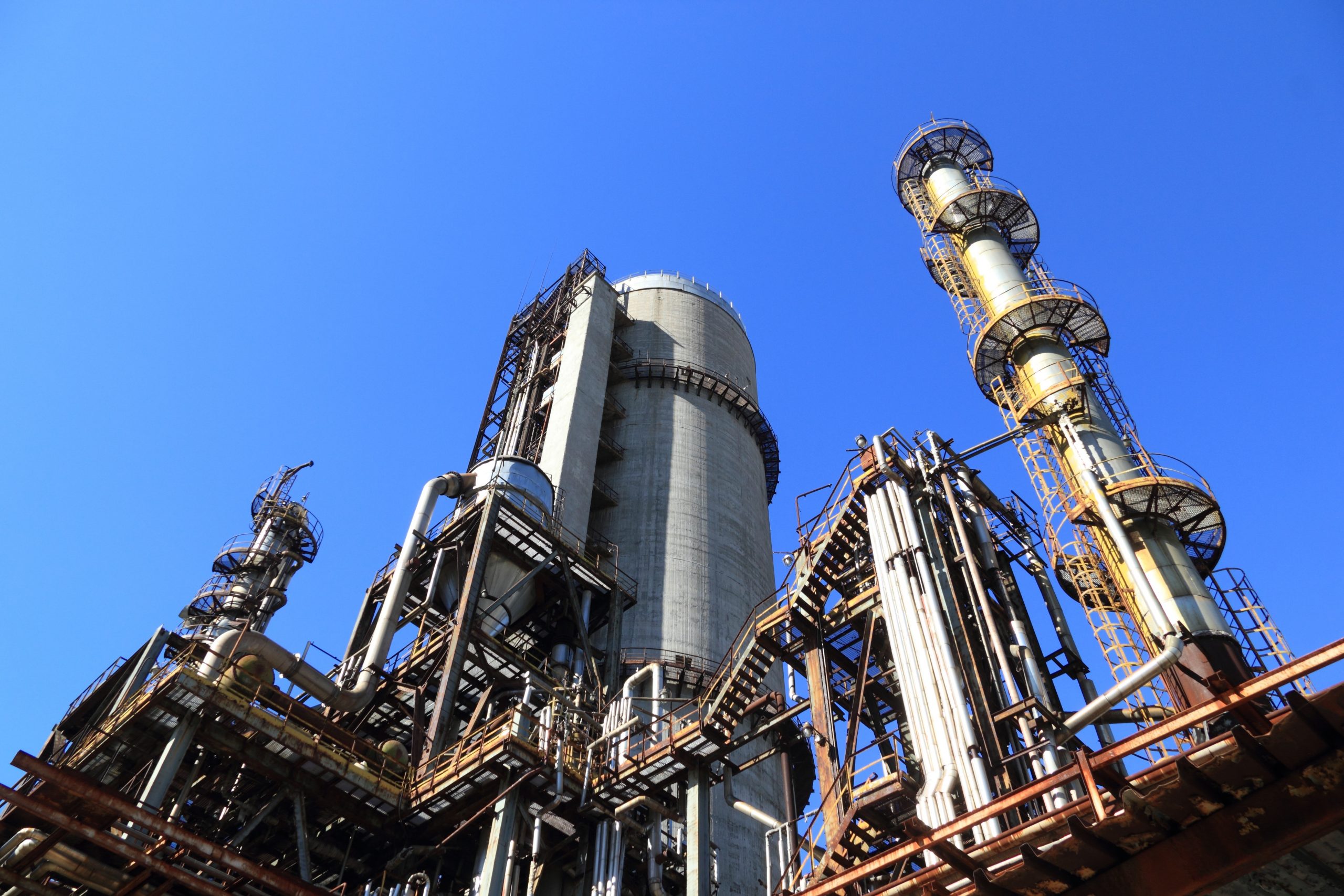Chemical engineering is sometimes referred to as process engineering or chemical process engineering, it uses the knowledge of chemistry, mathematics and physics to convert one material into another. A chemical engineers main goal is to convert a raw material into a final product so it can be sold for commercial gain. The starting material and the final product of a chemical process could vary chemically, physically or could even be the same chemically but appear or behave differently under different conditions.
Chemical engineering can be applied to a vast number of industries and is used to manufacture a very wide number of products. It is a very practical degree that is all about innovation in its essence.
How do you become a Chemical Engineer?
In order to become a chemical engineer, you must study a chemical engineering degree. The qualifications necessary to study a chemical engineering degree are generally an A level in Chemistry and Maths, with preferably one other science as well. Ideally the third A level should be Physics however Biology will often be accepted as well. It is worth noting that the principles studied in the A level Physics curriculum make you better prepared for what you will potentially encounter at university on this course. Generally, the grades you will need will range from 3 B grades all the way up to 3 A grades.
What are the career prospects for a Chemical Engineer?
The career prospects for someone with this degree is very broad. You can go into many industries and this degree is so widely respected that it is common for people with to go into roles in industries that are not directly related to chemical engineering. As a graduate are also more likely to go into managerial positions too. There is a need for innovative minds and with this degree under your belt will find it relatively easy to obtain jobs. You can expect a starting salary of around £28,000 per year, and this can rise to above £50,000 when you gain more experience.
What is a Chemical Engineering Degree like to Study?
This is a rigorous degree course with a combination of exams and some practical modules. It is a demanding course that is challenging in terms of time management and technical knowledge. There is a lot of theory and there will be many formulas and calculations you will be made aware of. The course also involves learning how to use computer software tailor-made for the chemical industry. Common chemical engineering software include MATLAB, Aspen Plus, Visio and AutoCAD.
Chemical Engineering Modules
Potential modules include:
- Heat Transfer
- Mass Transfer
- Fluid Mechanics
- Reaction Engineering
- Process Control
- Process Economics
- Piping & Instrumentation Diagrams (P&ID)
Chemical Engineering Chartership
The main chemical engineering chartership body is the Institute of Chemical Engineers (IChemE). They have a range of membership grades. In order to gain chartership status (CEng) you need to initially have an equivalent of a masters degree. You will then also need to write a report that discloses the experience you have in the chemical industry. You will need to tick off a list of competencies before having a panel interview with high ranking IChemE members. Once you pass this interview you can officially add Chartered Engineer to you CV. To become chartered you need roughly 5 years of experience.
If you want to learn more about becoming a chartered, visit the IChemE official website.
If you are not sure if this is the right degree for you have a look at our career advice article for helping you pick the right engineering degree.




